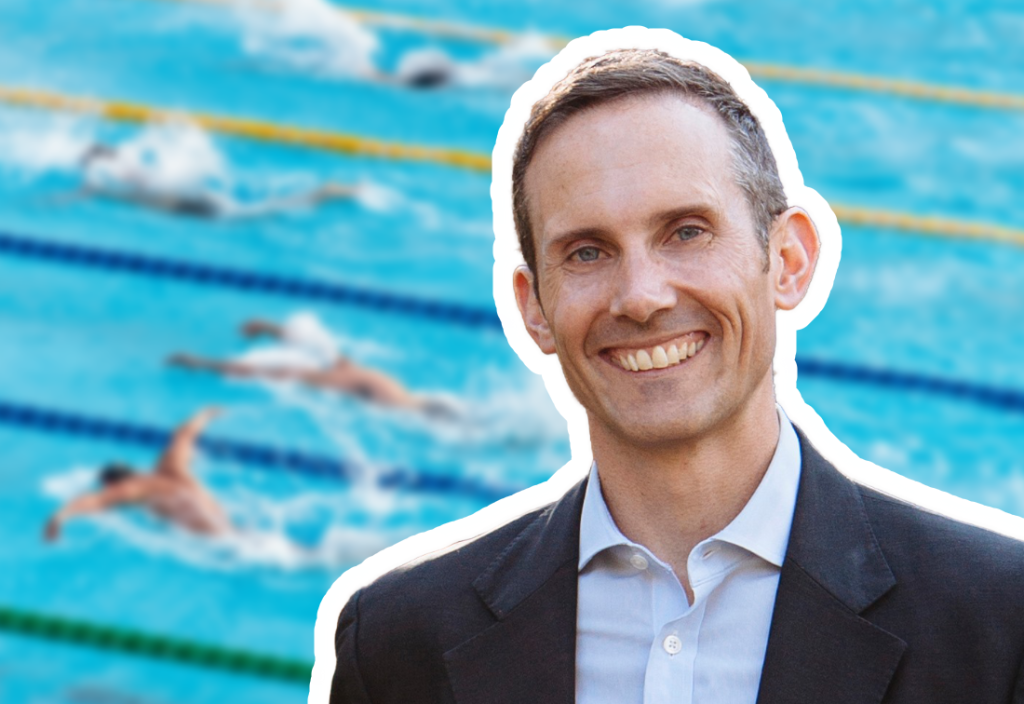The work of volunteers and charities helps us as a nation address some of the most pressing needs in our community. Too many Australians continue to face life-threatening and life-diminishing situations, including homelessness, food insecurity, inability to pay rent or bills, mental illness, hygiene poverty, and domestic violence. The biggest problem is, of course, poverty, with around 13 per cent of Australians living in poverty – the 15th highest rate out of the 34 wealthiest countries in the OECD.
Volunteers and charities often pick up the shortfall between what is actually needed and what governments provide to aid people in dire need. They provide both solutions for acute problems and chronic debilitating situations.
Many organisations delivering services are religious charities. While they may do the best possible job they can in difficult situations, they deliver services from particular perspectives which are not neutral – laudable, though, their efforts may be.
Mission Australia believes every person should have access to safe and secure housing. It is inspired by Jesus Christ to meet human needs and to spread the knowledge of the love of God. The Salvation Army believes that homelessness can affect anyone – it doesn’t discriminate. However, the Salvation Army is a Christian movement dedicated to sharing the love of Jesus. The Saint Vincent de Paul Society helps many people and aims to help people break free from the cycle of poverty and homelessness. It is a lay Catholic organisation that aspires to live the gospel message by serving Christ in the poor.
Even if a charity tries to maintain its neutrality, it cannot necessarily control the values articulated by its volunteers. For example, even when a charity receives government funding, LGBTQ people may be denied services or they may be treated differently or refused employment.
This discrimination can have a particularly harsh impact on vulnerable individuals who rely on these services for basic needs like housing, food, and healthcare. Consider Harley’s case, as outlined by Equality Australia in a submission to a parliamentary inquiry into poverty in Australia:
Harley* sought accommodation at a refuge provided by a faith-based organisation after fleeing intimate partner and family violence in 2015. They were counselled against disclosing their sexuality or wearing rainbow items of clothing and told they were “going to hell” by a staff member who said they would “pray for God to show them the way”. Harley left the refuge and spent three nights sleeping on the streets. In 2021, Harley and their wife (a trans woman) sought emergency accommodation from a different faith-based organisation. Harley’s wife was told she would need to go to a men’s shelter rather than access the same facility as Harley.
A comprehensive report on religiosity by Neil Francis, a fellow of the Rationalist Society of Australia, found that Australia’s Christians hold the most negative attitudes toward helping First Nations people or granting them land rights, and are significantly more likely to say the government gives too much in overseas aid.
Given that 39 per cent of Australians are non-religious, it does not seem appropriate that so many Australians are forced to rely on religious organisations for assistance when in dire need.
The push for small government has come at a terrible cost on our most vulnerable citizens. To achieve it, governments have abrogated their responsibilities by relying on charities and non-government organisations for delivering essential services for the wellbeing of our society and environment.
As a result, services are fragmented across Australia depending on coverage of the different agencies selected to deliver services. Such an approach places vulnerable people in a situation where they are discriminated against or subjected to religious agendas.
The enormous need for help on so many levels, and in so many places, is indicative of systematic, even global problems that should be tackled by governments as part of their duty of care for their citizens and their land.
Too much of the burden of making our country a better place for all (including our non-human inhabitants) is being shouldered by volunteers. Australians volunteer because giving a helping hand is part of our ethos. In 2020, around one-quarter of people aged 15 years and over volunteered by formally working with an organisation or group. In 2019, around 5 million Australians contributed over 600 million hours to the community, making us one of the top nations for volunteering in the world.
Most volunteers help with sporting organisations, religious groups, and education and training groups. While not counted in the data, volunteers also played a role in the workforce by helping out in aged care, disability services, and mental services in particular.
As a humanist, I believe that it is the duty of all Australians to help people survive adverse circumstances and overcome them so that they can thrive in their community and contribute to a happy and prosperous society.
The fairest and most efficient way of achieving this is for our governments to fund realistic and comprehensive programs that provide an achievable and effective long-term pathway for improvement through taxes and other sources of revenue. This is a more comprehensive, fair and neutral approach than relying on a host of volunteers and many organisations all trying to do their bit in difficult situations.
Can we afford it? Australia ranks ninth for GDP per capita among the world’s largest economies. We rank seventh in terms of human development. We rank 11th in the World Happiness Report. In 2024, we spent a record-breaking $1.3 billion during the Boxing Day sales. Clearly, we can afford to end poverty.
Published 26 June 2025.
If you wish to republish this original article, please attribute to Rationale. Click here to find out more about republishing under Creative Commons.
Photo by Jon Tyson on Unsplash.




